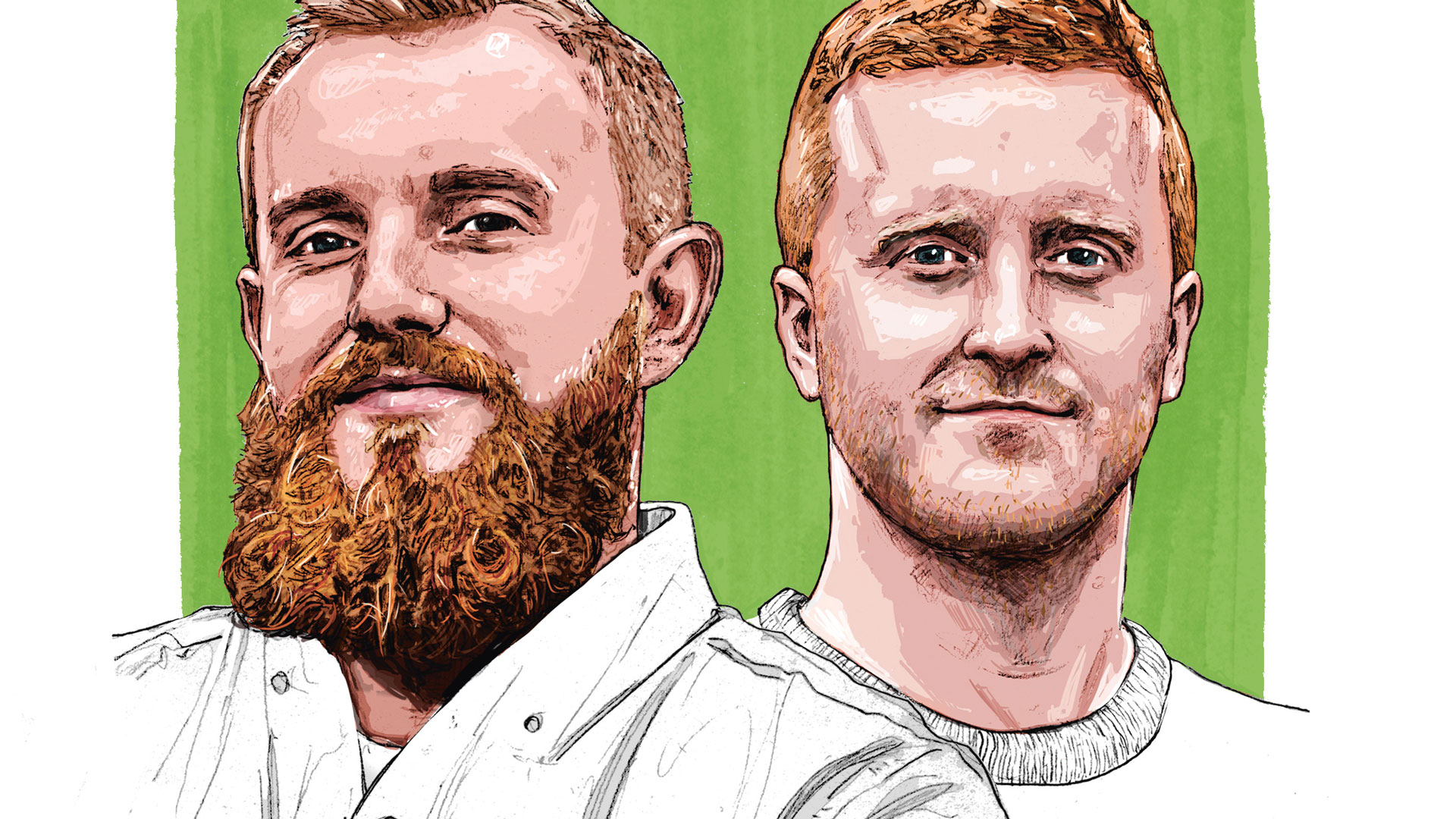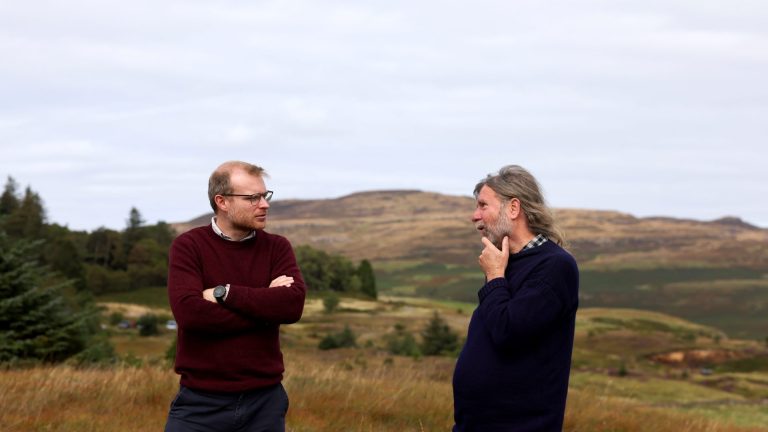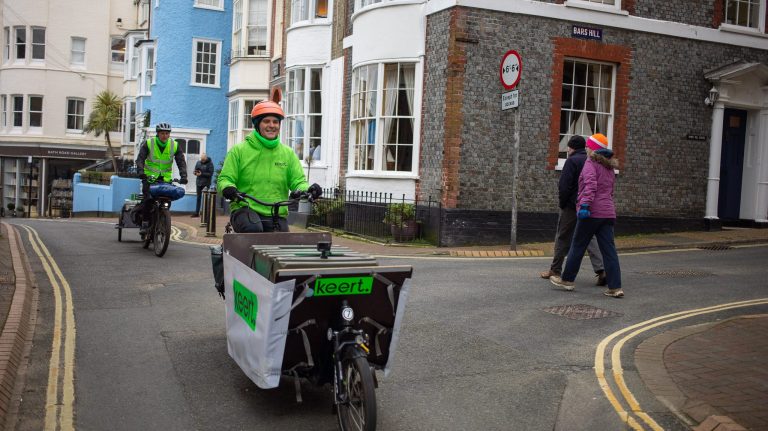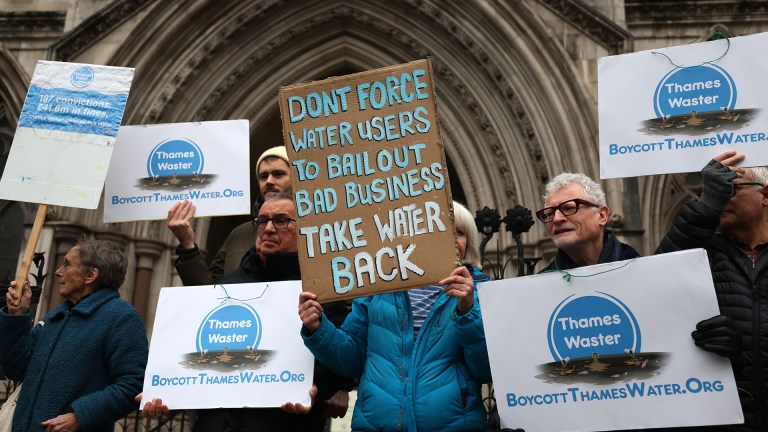When you think of food waste, you probably picture discarded vegetables, bread, fruit that’s gone off. But do you think of coffee? The guys behind Revive Eco did. Fergus Moore and Scott Kennedy are taking on the 500,000 tonnes of spent coffee grounds that go to UK landfills each year and are turning it into fertiliser and an alternative to wildlife-threatening palm oil.
The pair met studying at the Hunter Centre for Entrepreneurship at Glasgow’s University of Strathclyde. “I always liked the idea of being able to create something that would allow me to have an impact wider than just myself,” says co-founder Moore, 26.
Moore worked in a Marks & Spencer cafe during his studies and saw first-hand the amount of food that was going to waste at the end of every shift. People would often come in and ask for little bags of used coffee grounds to put into their garden or compost heap and Moore later learned this was because coffee is said to up the acidity of soil, a plus for growing some plants.
It was a lightbulb moment. Moore and Kennedy, also 26, put their heads together to develop a plan for tackling the massive amount of coffee wasted every day across the country. They founded Revive the same week they graduated in 2015.
“The original idea was to just industrialise the process of people coming in and asking for coffee grounds,” Moore explains. “But compost and fertiliser are really low-margin products and the business wasn’t viable. Plus we’re both interested in the idea of spareability; using all the bits of a thing.”
We want to divert every last ounce of coffee grounds from landfill, and use them to create products like this. #ZeroWaste #CircularEconomy pic.twitter.com/Xhcay9KNyU
— Revive (@REVIVE_Eco) May 21, 2019










